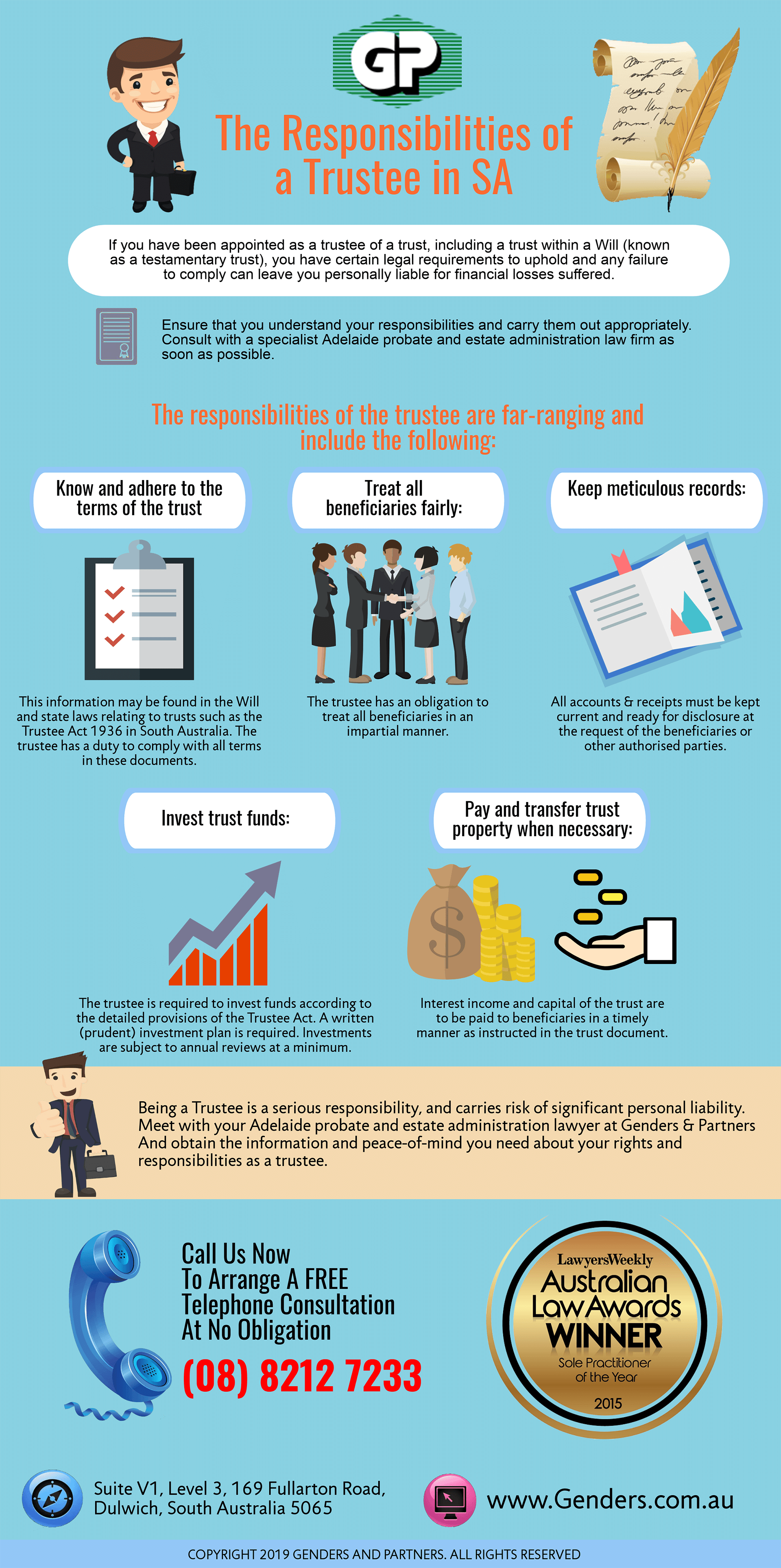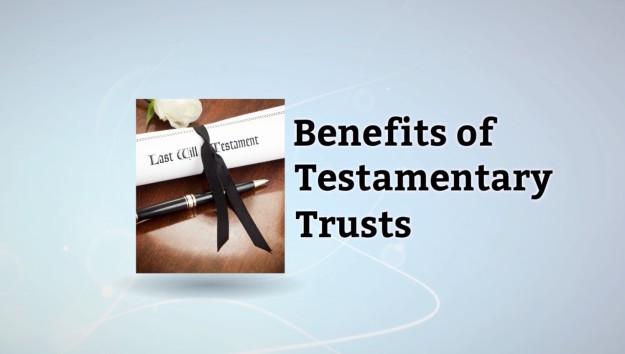Secure Your Family’s Future: Essential Considerations for Your Family Trust

As the end of the financial year approaches, it is crucial for adult Australians who have a family trust to take proactive steps to ensure the smooth distribution of their trust’s capital and income.
With the potential to significantly impact your family’s financial well-being, making informed decisions about your family trust is essential.
This article aims to provide practical advice and recommendations to empower you to take action.












